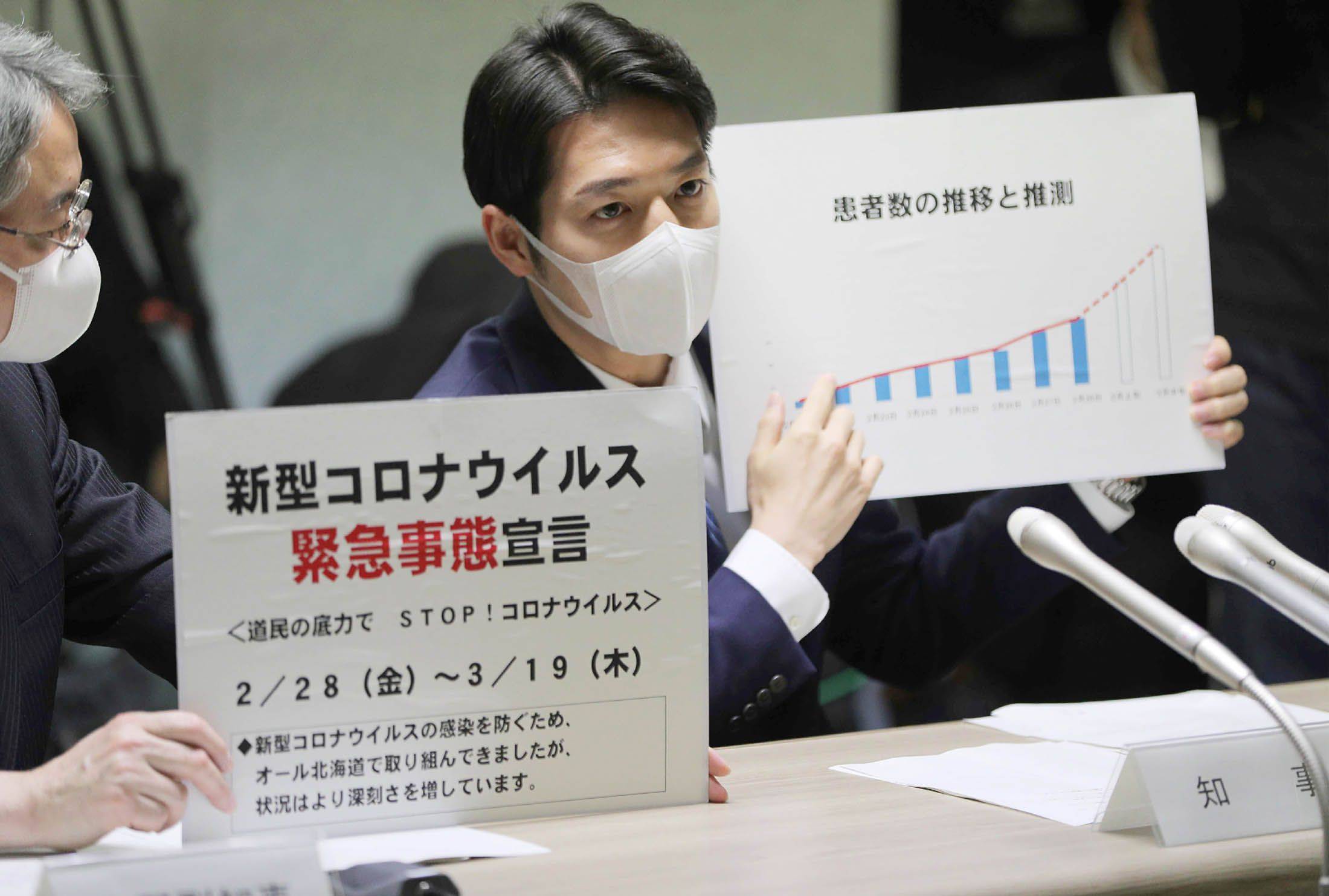The COVID-19 pandemic has seen enormous political change across all affected countries, with each nation experiencing its own version of coronavirus-induced transformation. While some nations have witnessed the emergence of a new unity, elsewhere the response to the pandemic has deepened existing divides.
Over the past few months, there has been a remarkable rise in the power and prestige of Japan's prefectural governors. Although regional leaders are traditionally expected to take wide-ranging and effective action in the United States and in other systems where they exercise significant authority, the governors’ recent actions are unprecedented in Japan, where centralization has been the norm and strict limits are placed on regional autonomy. The implications of this change will likely be felt outside and beyond the response to the pandemic, and could bring about far-reaching changes in the Japanese political landscape.
The national government’s response to the pandemic has widely been perceived as sluggish. Cases of the virus in Japan were confirmed in January, which places the country among the earliest to have been affected. However, a state of emergency was not declared until April, and debate around financial aid for businesses hit by the outbreak was slow to progress and failed to achieve any effective outcome.


















With your current subscription plan you can comment on stories. However, before writing your first comment, please create a display name in the Profile section of your subscriber account page.